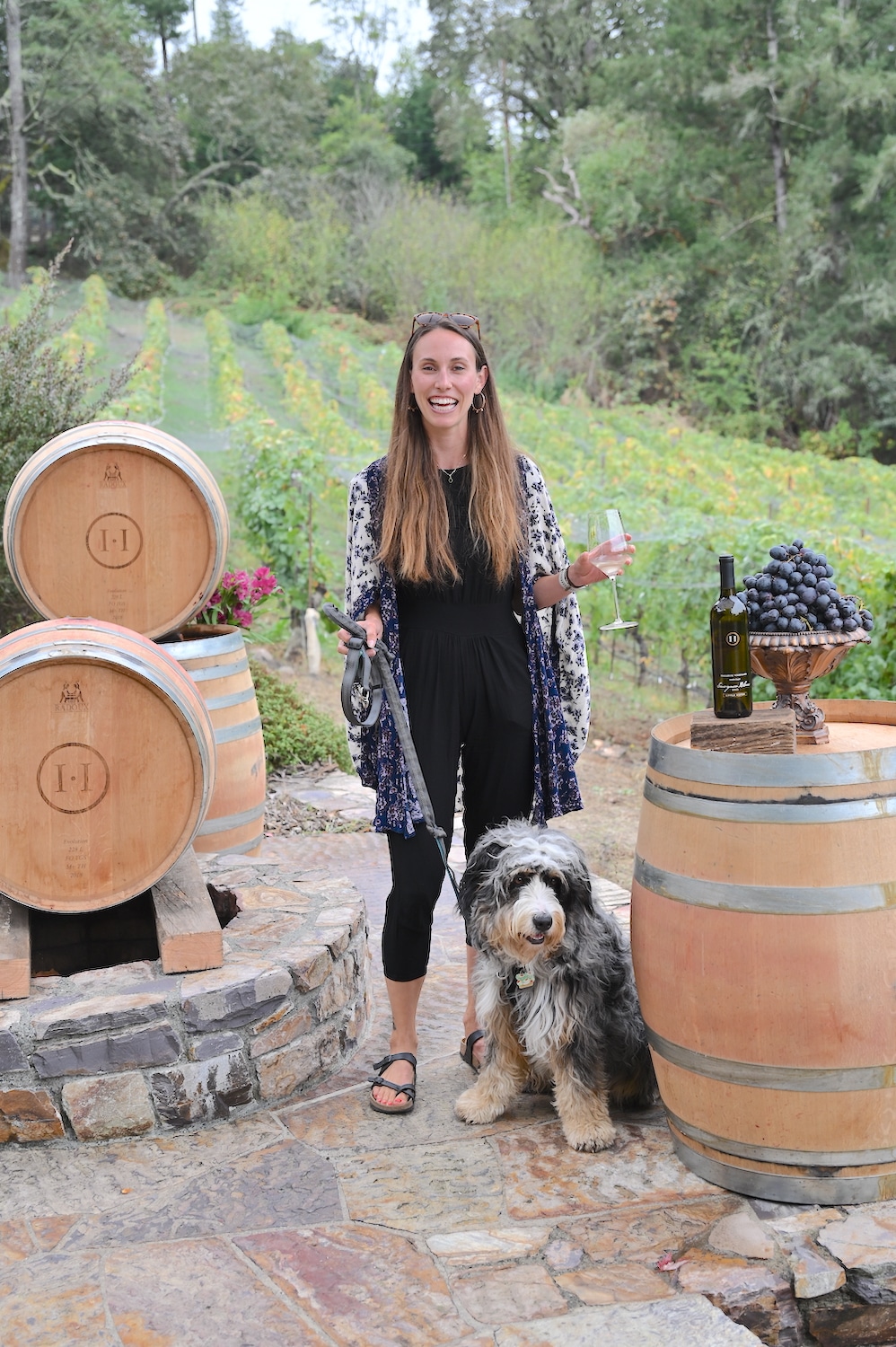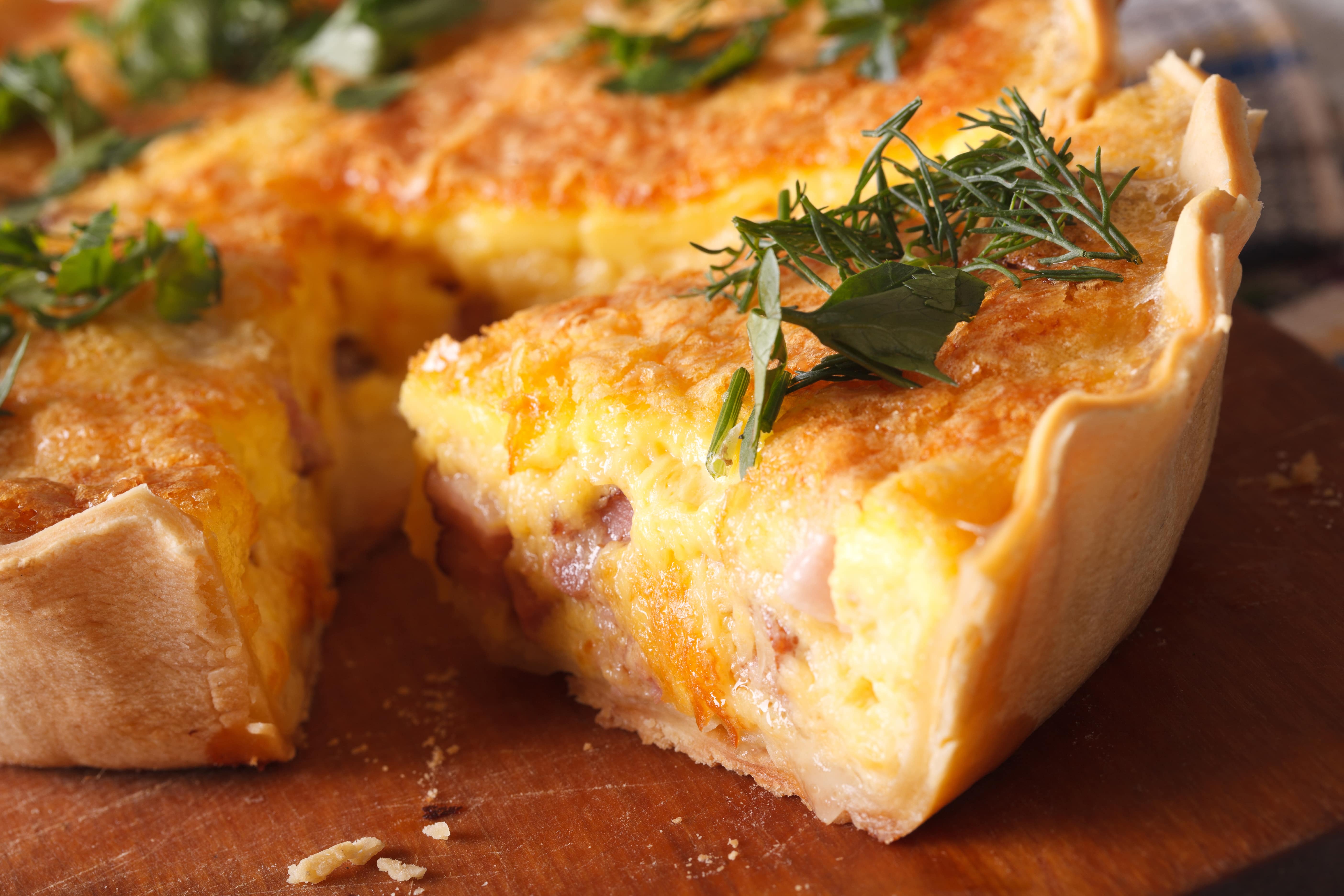Vintage Wine Tasting Experiences In Sebastopol - Top Wineries To Visit In Sebastopol
Breathtaking Views From Sonoma Wineries - Sebastopol Vineyard Visits
Wine tasting is commonly regarded as an art form, one that goes past merely enjoying a beverage. It embraces a fancy interaction of flavors, aromas, and textures that requires devoted practice to actually grasp. Many who enterprise into the world of wine tasting shortly understand that it involves much more than just sipping wine. Bettering sensory skills through dedicated winery wine tasting can elevate the experience, reworking an off-the-cuff consuming occasion into a classy exploration of the senses.
At a primary stage, wine tasting engages the senses of sight, scent, style, touch, and even sound. Each component plays an important position in appreciating the nuances of a wine. When one first pours a glass of wine, the rich hues can provide initial insights into its age and varietal. Observing the color and readability helps form expectations concerning the wine's flavor profile. Many don’t absolutely respect how this visible evaluation can set the stage for what is to observe.
The subsequent step is to engage the sense of odor. Swirling the glass aerates the wine, allowing its risky compounds to escape and fill the air with its bouquet. The nose entails some fascinating layers—different aromas can sign various elements of the winemaking course of, together with the type of grapes used, fermentation strategies, and getting older conditions. Growing a eager sense of smell can be a game-changer in wine tasting.
Wineries With Artisan Chocolate Pairings In Sonoma - Vineyards Near Sebastopol
To improve this sensory skill, wine enthusiasts are often inspired to participate in devoted tastings at wineries. These tastings allow people to focus solely on the sensory experience (Wineries Promoting Wine Club Memberships). Tasting periods led by knowledgeable sommeliers or winemakers can provide insights into identifying distinct aromas. Studying to differentiate between floral, fruity, earthy, and spicy notes can empower a taster to articulate their experience with larger precision.
As one practices their sensory abilities, they might discover that their style preferences evolve. This transformation often happens after a number of tastings. A wine that originally seemed overwhelming may reveal hidden layers of complexity with a little bit of experience. Understanding tips on how to isolate particular person flavors corresponding to acidity, sweetness, bitterness, and umami contributes substantially to the general wine experience.
Another important factor in enhancing sensory skills is the context in which wine is tasted. Environmental components like temperature, lighting, and even the company current can influence perceptions. At a winery, an optimum setting can reduce distractions and allow a extra profound exploration of the wine (Charming Wineries Offering Wine And Food Pairings). Practicing conscious tasting techniques encourages a extra immersive experience, permitting tasters to hone in on their senses.
It is not solely about particular person notion, although. Engaging with others throughout a tasting can even improve sensory skills. Sharing notes and discussing impressions fosters a deeper understanding of the wine. This collaborative method encourages members to articulate their sensory experiences, thereby broadening their linguistic repertoire associated to wine tasting.
Wineries With Locally Sourced Food Options - Wineries For Casual Tastings In Sonoma
Additionally, pairing wine with food can significantly enhance the tasting experience. Completely Different mixtures can bring out unique flavors in each the wine and the dish. As one tastes a wine alongside particular foods, they'll start to acknowledge how sure components within the wine complement or contrast with what they are consuming. This skill of pairing is one other layer that enriches sensory improvement.
Coaching one’s palate can contain quite a lot of workouts. Some enthusiasts engage in systematic tasting experiences, sampling a spread of wines that showcase totally different varietals, regions, or vintages. Exploring this range can sharpen the power to discern nuances across completely different wine profiles. Over time, this practice builds a mental library of flavors that can be accessed throughout future tastings.
Notably, written notes serve a dual function: organizing one’s thoughts and reinforcing reminiscence. By writing down observations about each wine, tasters can track their progress over time. Detailing the characteristics of wines assists in solidifying information, ultimately deepening one’s appreciation of what they devour.
Furthermore, attending workshops or classes centered on sensory analysis may also be helpful. Many wineries offer these academic programs to assist individuals refine their skills. Typically, skilled instructors guide participants through structured tastings, specializing in specific components of the wine. This degree of education reinforces the sensory skills asynchronously and challenges tasters to assume about their experiences from different angles.
Wineries With Estate-Grown Grapes - Enjoying Wine In Sebastopol
Over time, the commitment to improving sensory skills by way of dedicated winery wine tasting can yield important rewards. The best winery in Sonoma enjoyment derived from wine becomes layered and multifaceted. No longer restricted to a easy choice for "pink" or "white," tasters begin to appreciate the stories behind every pour. They cultivate a palette able to navigating the advanced panorama of flavors with confidence.
In conclusion, the journey of enhancing sensory skills by way of devoted winery wine tasting is as rewarding as it is pleasant. It requires focus, commitment, and a willingness to learn, but the outcomes far exceed the initial effort. By participating a quantity of senses and participating in considerate discussions, individuals not only become more adept at figuring out flavors but in addition develop a deeper appreciation for the craftsmanship behind each bottle. The course of transforms wine from a mere beverage right into a rich tapestry of sensory exploration that beckons enthusiasts to delve deeper. As skills enhance, so too does the enjoyment, enriching life experiences one sip at a time.
Wineries With Live Music Events Occasionally - Best Winery In Sonoma For Quality Wine
- Engaging the palate through diverse wine varieties enhances the ability to differentiate flavors and aromas, refining total sensory perception.
- Collaborating in guided tastings promotes centered consideration on subtle traits of each wine, nurturing important tasting skills.
- Learning to identify specific grape varieties fosters a deeper understanding of terroir, which aids in recognizing regional flavor profiles.
- Incorporating food pairings throughout tastings can heighten sensory consciousness, as completely different tastes can influence each other and alter perceptions.
- Working Towards the art of swirling and nosing wines allows individuals to connect olfactory cues with style, improving the power to articulate sensory experiences.
- Attending workshops that emphasize blind tastings trains participants to rely purely on their senses rather than preconceived notions, enhancing objectivity.
- Elevating sensory skills can result in better wine choice abilities, empowering individuals to make knowledgeable choices primarily based on personal preferences.
- Participating with educated sommeliers presents insights into wine-making processes, which deepens sensory appreciation and enhances vocabulary for describing wines.
- Common participation in tastings encourages memory improvement of flavors and aromas, aiding within the formation of a personalized sensory profile over time.
- Sharing tasting experiences with peers fosters discussion, promoting communal studying that can enhance particular person sensory skills by way of collaboration.undefinedWhat is the aim of bettering sensory skills by way of wine tasting?

Improving sensory skills through wine tasting permits individuals to boost their capacity to determine and respect the varied aromas, flavors, and textures of wine. This heightened sensory awareness can result in a deeper understanding of wine and an general enriched tasting experience.
Wineries With Sustainable Practices - Exploring Sonoma's Wine Landscape
How can I develop my sensory skills at a winery?
You can develop your sensory skills at a winery by collaborating in guided tasting periods that target particular varietals. Interact with knowledgeable employees who can provide insights and encourage you to take notes on your impressions, enhancing both your observational and descriptive abilities.
What ought to I count on throughout a devoted wine tasting experience?
Upcoming Wine Festivals In Sonoma County - Best Winery In Sonoma For Quality Wine
Throughout a devoted wine tasting experience, count on to sample a selection of wines while receiving targeted schooling about every one. You Will study in regards to the winemaking course of, tasting techniques, and how to discern different sensory characteristics, all in a relaxed surroundings.

Is prior knowledge of wine needed to learn from a sensory skills workshop?
- Historical Wineries To Visit In Sonoma
No prior information of wine is necessary; the workshops are designed for all levels of experience. Novices will find useful data to build from, while seasoned tasters can refine their skills and increase their palate even additional.
How do sensory skills impact my general wine appreciation?
Wineries In Sebastopol - Sonoma Wine Tasting Adventures
Enhancing sensory skills considerably enhances your total wine appreciation by allowing you to determine subtleties and complexities in wines. This deeper understanding enriches your tasting experience and helps you make knowledgeable selections based on personal preferences.
Are there specific techniques I should use while tasting wine to improve my sensory skills?
Innovative Wine-Making Techniques In Sonoma Valley - Sonoma Wine Region Vineyards
Sure, using techniques such as the "SWOT" technique wineries specializing in sparkling wines (Sight, Swirl, Smell, Sip, Savor) may be useful. Pay attention to the wine's look, aromatics, and mouthfeel, and take your time with each sip to totally explore the flavors and sensations.
What kind of wines are typically included in sensory skills tastings?
Sometimes, sensory skills tastings embody a wide range of wines that showcase totally different regions, varietals, and styles. This variety helps individuals determine distinct traits and enhances their capability to differentiate between wines.
Can sensory skills workshops be personalized to my tasting interests?
Small Batch Wineries In Sonoma Valley - The Charm Of Sonoma Wineries
Many wineries supply personalized choices for sensory skills workshops, allowing you to concentrate on particular types of wines or themes that curiosity you, such as organic wines or distinctive regional offerings. It's finest to inquire immediately with the winery for tailor-made experiences.
Is there a way to practice sensory skills after leaving the winery?
Yes, you presumably can practice your sensory skills at home by tasting different wines and maintaining a tasting journal. Experimenting with varied food pairings and aromatics can additional enhance your understanding of how flavors interact, reinforcing the abilities gained on the winery.